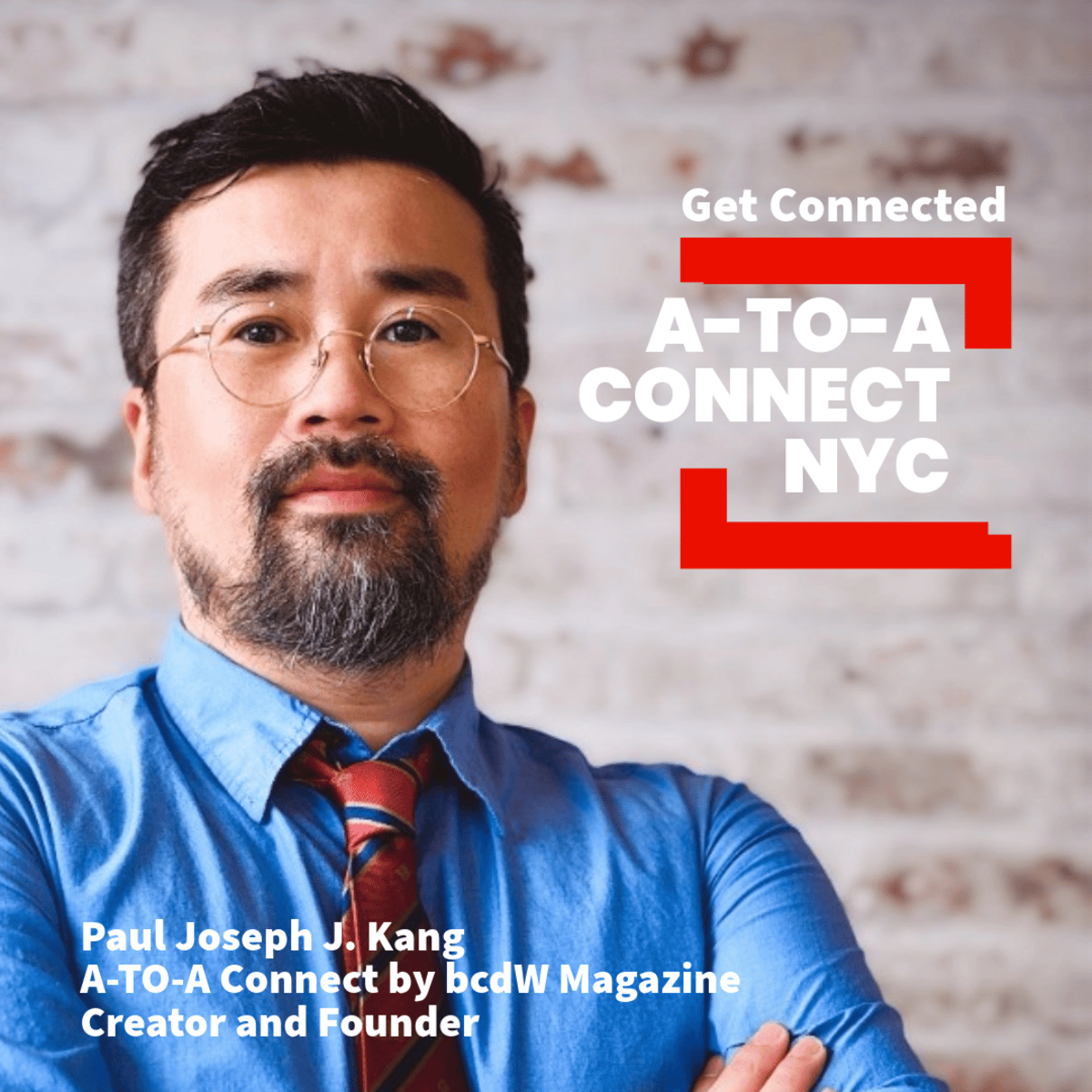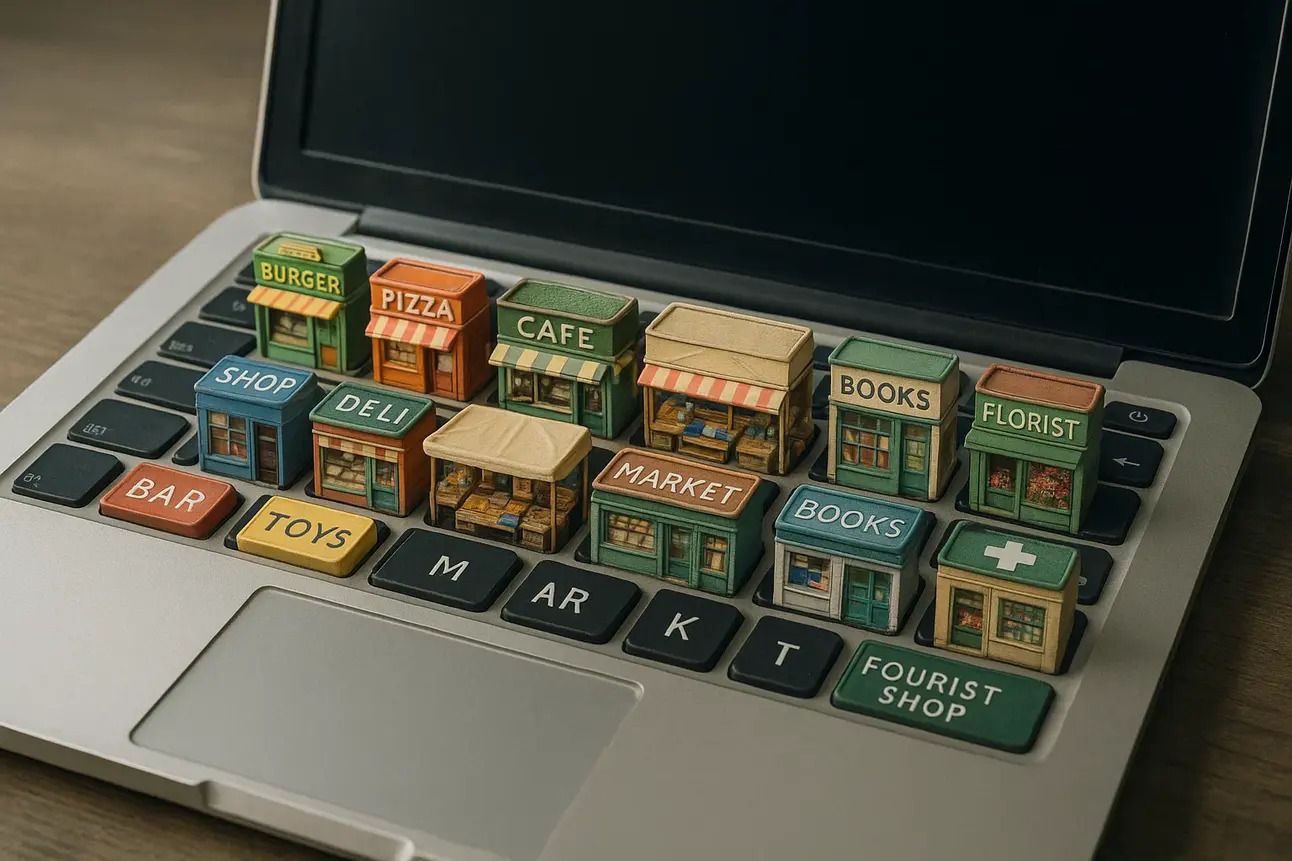A Field Begins in Kohan: Korea’s Village Hotel Experiment
In the spring of 2025, during a visit to Korea, I decided to spend a weekend on-site in the small town of Gohan, located in Jeongseon County, Gangwon Province. My aim was simple: to explore a real-world prototype that could enrich the evolving concept of a Zipcode Hotel — a decentralized accommodation model I’ve been developing for urban neighborhoods like Brooklyn 11218.
The destination? 18 Beon-ga Village Hotel, a unique local experiment that turns an entire alleyway into a living, breathing hotel. This model has been running since 2020, transforming abandoned houses in a former mining town into a form of what might best be described as a “living lab for hospitality and regeneration.”

More Than a Hotel — A Living Community Lab
My first impression was that I wasn’t just looking at accommodations. I was walking into an evolving community concept — something akin to a “community hotel.” Abandoned buildings had been repurposed into guest rooms, residents acted as front desk agents, and even the local town hall doubled as a convention room. It all reminded me of the Albergo Diffuso model in Italy, where hotel services are scattered across a village, powered by the local community.

20 Years of Albergo Diffuso: A Journey Through Past, Present and Future
Yet, even after five years, the experiment remains localized — largely limited to a single alley. The potential for scale — for expanding across other alleys and blocks — felt latent but unrealized.

Global Case Studies: Village Hotels Reimagined
Across the world, many have attempted to rethink hospitality through localism, re-use, and community engagement. While terms like village hotels, decentralized hotels, and community hotels differ in naming, they often share a common DNA.

Gohan 18 Beon-ga (Korea): Alley-based prototype in a rural town, operated by residents. A live testbed for hospitality innovation.
Setouchi, Japan: Entire villages serve as hotel spaces. Residents act as concierges, chefs, and guides.
Santo Stefano di Sessanio, Italy: One of the world’s most successful Albergo Diffuso models. Restored medieval structures are used as dispersed accommodations.
Paradores, Spain: Historic buildings like monasteries and castles converted into boutique state-run hotels.
Les Maisons de Campagne, France: Luxury farm stays near Paris with curated food and leisure experiences.
Gyeongju, Korea: A traditional hanok village turned into boutique stays, merging heritage with tourism.
Seoul’s Seochon Village: Renovated hanok homes with lifestyle hospitality experiences.
In all these cases, the core idea remains the same: hospitality rooted in place, people, and participation.
Walking through Gohan, I realized something more: beyond the single alley of 18 Beon-ga, the town itself was already functioning like a 15-minute city. Everything a resident needs — markets, restaurants, libraries, parks, local stores — was within walking distance.

Kyounghwan explained the whole concept of 18 Beonga hotel


But what was still missing? The final 3 minutes.
From the perspective of the Sim Eternal City project I’m leading, those 3 minutes should represent spaces for memory, reflection, and death — concepts that cities often avoid but must address. That “absence” itself became a key discovery. Gohan had the form, but not yet the full function of a holistic urban-hospitality system.
Testing the Concept in Brooklyn 11218
So what about Brooklyn 11218 — my home base? This ZIP code, which covers WinsdorTerrace, Kensington and Ditmas Park, is filled with Victorian houses, diverse immigrant communities, and the kind of architectural charm that can’t be replicated.
Here, the Zipcode Hotel concept could thrive: long-term stays across multiple homes, supported by a shared reception hub, cultural experiences, and local retail tie-ins. Given Airbnb’s tightening regulations in NYC, a Zipcode Hotel built on community and compliance may be the next viable format.
Walking the Ground, Not Just the Web
Gohan’s alley may be small, but its implications are global. For me, it’s not just an inspiration — it’s a living lab. It reminds us that innovation doesn’t begin with decks and dashboards. It begins with walking — in dusty alleys, cold stairways, and quiet town libraries.
“Desk research informs. Field research transforms.”
From Gohan to WindsorTerrace, the Zipcode Hotel model is evolving. And we’re just getting started.
Because the future of hospitality isn’t about luxury towers or digital bookings in future city model— it’s about reactivating real neighborhoods. It’s about reimagining cities one block, one alley, one zipcode at a time.
And sometimes, all it takes to spark that imagination… is a weekend walk through an old mining town halfway across the world.

